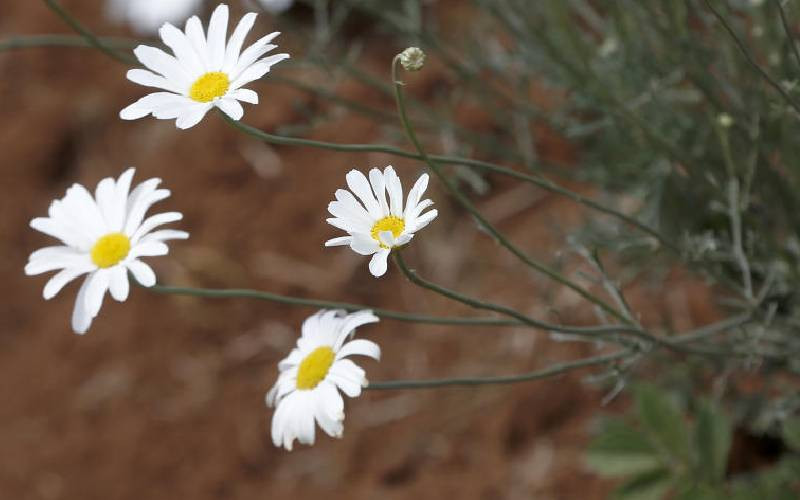×
The Standard e-Paper
Kenya’s Boldest Voice

Almost two decades after farmers replaced a once lucrative cash crop with potatoes, the county has begun reintroducing pyrethrum in the highlands.
In the mid-2000s, pyrethrum prices plummeted, forcing farmers to turn to potato farming for quick cash.